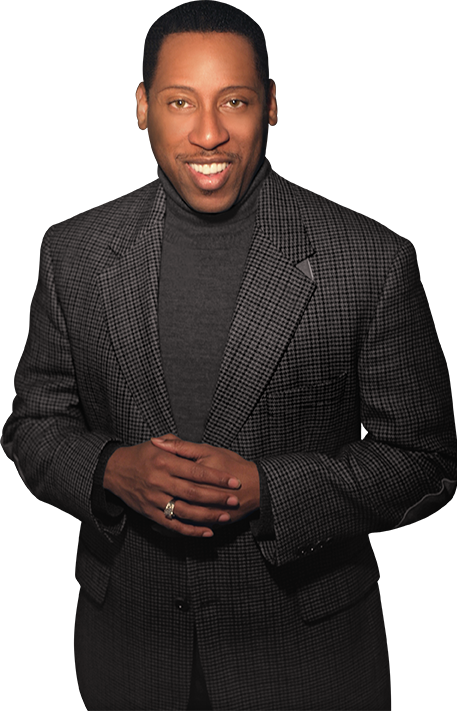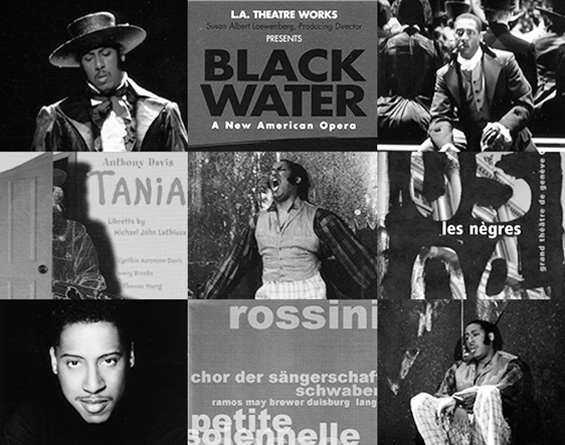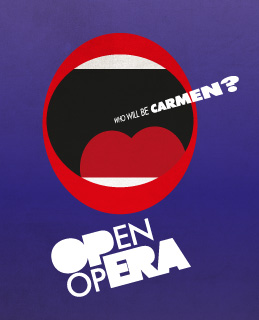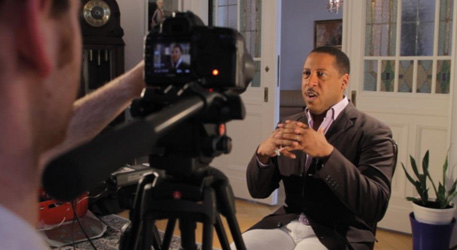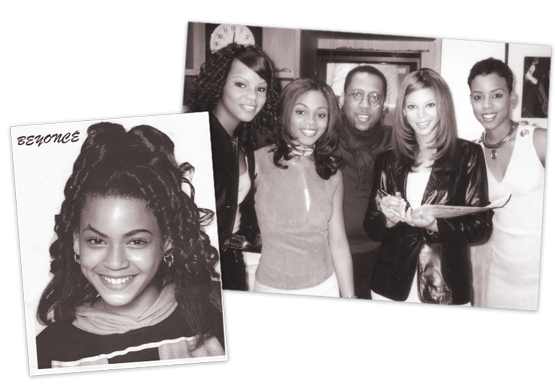Beyoncé: Raising Genius
the Book
I have written into the pages of Beyoncé: Raising Genius all the sacrifices, rewards, and disappointments of being a mentor. The oftentimes sad tales are woven in vivid color through the narrative,from my own life struggles, where I come to terms with my own childhood, and my own fumbling attempts at self-worth. Oftentimes I am the voice of reason — the most responsible adult in the room — and sometimes I am ashamed beyond measure. Because I spent more than a decade (fourteen years altogether) guiding the musical and performing talents of Beyoncé Knowles and the other girls of Destiny’s Child, I knew them well. They can’t be omitted from my story. My work with them as their first vocal and „everything coach,“ as well as my role as their devoted counselor, protector, mentor, and friend set them up to become the greatest girl group in U. S. music history, and arguably, the world.
It took Beyoncé four private lessons a week and six group lessons a week, every week, for eleven years, to move from a gifted talent to genius. She awakened every morning asking eagerly, “What I am going to learn today?” Our shared history and joy, mine in teaching and hers in learning, can never be erased. I am proud of Beyoncé's amazing accomplishments. All the girls — now young women — are far more complex characters than their fans and others know.
In my nearly thirty years of teaching, I have never had a more dedicated and focused protégé than Beyoncé. I gave her the best of what I had to give as a teacher, mentor, and friend. It is easy giving to someone so eager. While all of my students worked hard and achieved success, Beyoncé remains the stand-out star. It is because, while they all possessed talent, they do not all possess drive. Beyoncé did.
In 1998, Beyoncé fired her father. To save himself, Mathew re-entered rehab, and this time it came out that he was indeed a sex addict. Although Beyoncé was horrified with this new understanding of his behaviors, she felt sorry for him. (This wouldn’t be the last time her father’s deviant behavior would shock her.) Celestine, determined to force her daughter’s hand, repeated her mantra about family. “We remain loyal in this family,” she said. Naturally, Beyoncé buckled under the pressure of her mother’s heavy handling. Her sister, Solange did not.
A few months later, during her acceptance speech at the Lady of Soul, Soul Train Music Awards — Destiny’s Child’s very first music award — Beyoncé thanked me during their third win of the evening! (That acceptance speech can be seen on YouTube. The title of the video is “Destiny's Child Sweep the 1998 Lady of Soul Awards.”) After thanking me first, she thanked her choreographer Frank Gatson Jr., then her mother, and lastly her father. What happened next marked the beginning of the end for me. Mathew Knowles attacked his daughter backstage. Beyoncé, he demanded, was never to say my name again. And she didn't. Looking to her mother for moral support, Beyoncé heard: “Loyalty at all cost,” and Beyoncé listened. She cried, but she listened. I was left to ponder what the meaning of it all had been. Why did the Knowles see my kindness as weakness?
